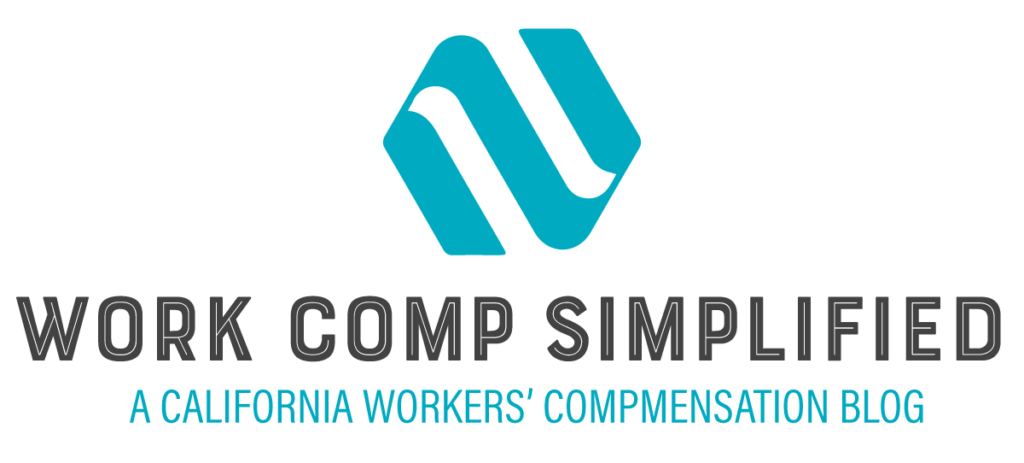Monthly Archives: April 2021
AB 5 and Workers’ Compensation
In recent years, businesses and organizations are increasingly relying on the contributions of gig workers . . .
California Workers’ Comp QMEs: Frequently Asked Questions (FAQS)
As explained by the California Department of Industrial Relations (DIR), QMEs are licensed doctors who have . . .
Nearly 15,000 Workers Comp Claims Filed in California for COVID-19 Exposure Through June 30th
The coronavirus (COVID-19) continues to affect communities throughout the country. The California Department of Public Health reports . . .
California Workers’ Compensation: What is a Compensable Consequence?
In some cases, an injury can make a person vulnerable to other medical complications. Under . . .
California Workers’ Comp: Compromise and Release (C&R) vs. Stipulation
An employer, administrator, or insurance company may want to settle a workers’ compensation claim. Before . . .
Workers’ Comp Defense in California: What is the 90 Day Rule?
California employers are required to provide no-fault work injury insurance to their employees. If an . . .
An Overview of Work Comp Liens and Subrogation in California
In California, businesses and organizations are required to provide no-fault workers’ comp coverage to their . . .
An Overview Labor Code 4850 Benefits
Under California Labor Code § 4800, certain frontline workers—including police officers, firefighters, and other public safety . . .
California Workers’ Compensation: Defending a ‘Cumulative Trauma’ Claim
Under California workers’ compensation laws, there are two broad categories of work injuries — specific injuries and cumulative . . .
Post-Termination Defense Under Labor Code 3600(a)(10): What You Need to Know
Imagine that you fired or laid off an employee. A few months later, you receive . . .
- 1
- 2

